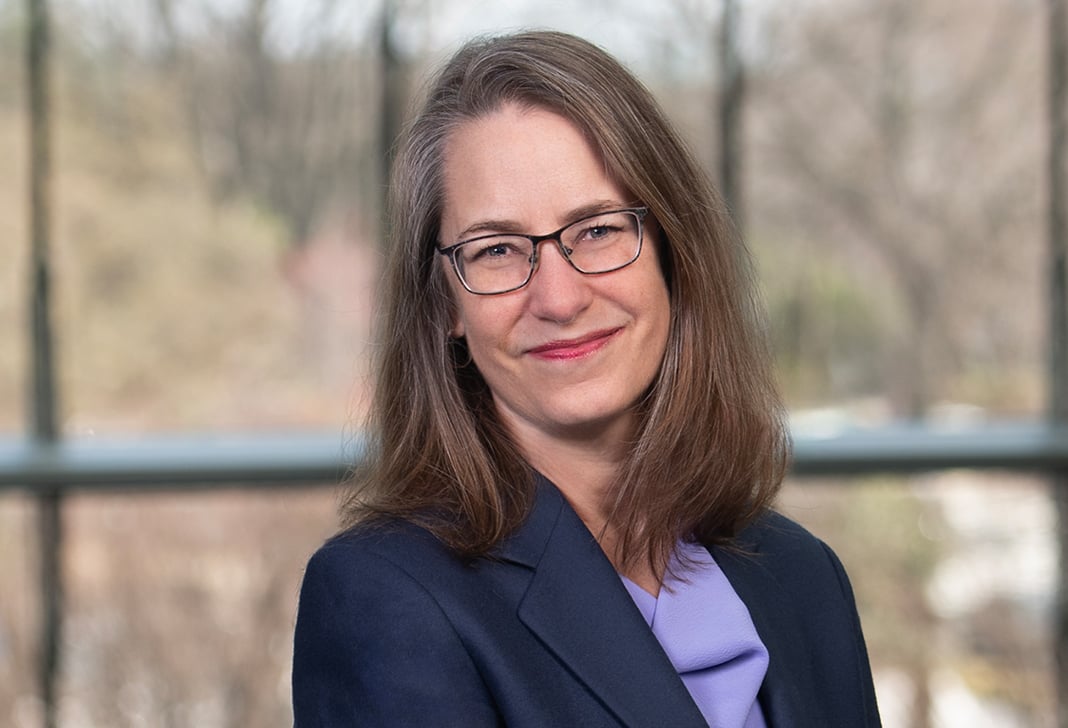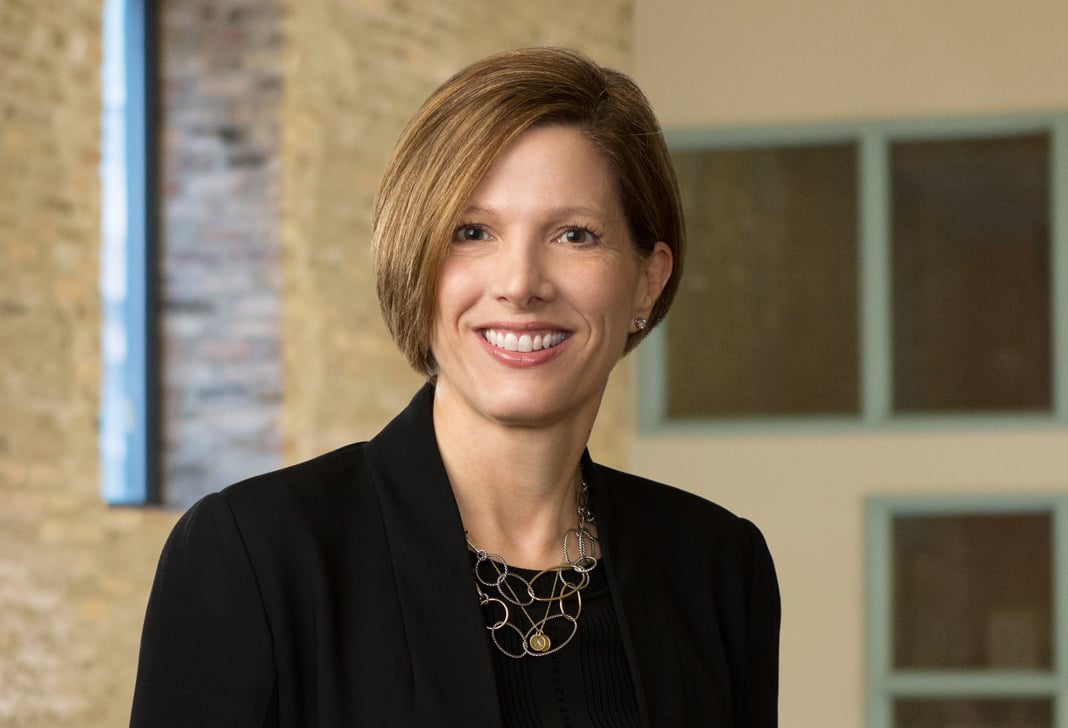
Supreme Court Declines to Resolve Circuit Split on Falsity Under the FCA
In Short
The Situation: In March 2020, the Third and Ninth Circuits held, in two cases in which the government had declined to intervene, that a mere difference of medical opinion may be enough to satisfy the falsity element of the False Claims Act ("FCA"). This conflicted with a 2019 ruling by the Eleventh Circuit that a reasonable difference of medical opinion, without more, is insufficient to make a claim false. Citing the circuit split and the need for a uniform standard for falsity under the FCA, defendant health care providers in the Third and Ninth Circuit cases filed petitions for certiorari with the Supreme Court in late 2020.
The Result: On February 22, 2021, the Supreme Court denied both petitions, leaving intact the circuit split regarding whether and when differences in medical opinions may satisfy the falsity element of FCA liability.
Looking Ahead: Parties will need to wait longer for much-needed clarity on this contentious FCA issue. But scienter remains a potentially powerful defense in cases based on a difference in medical opinions.
Introduction: The Circuit Split
To be actionable under the FCA, claims must be "false"—yet the FCA does not define falsity. Instead, courts have developed an analytical framework for determining falsity that differentiates between factual and legal falsity. Claims for payment are factually false when they include a factual falsity (e.g., by seeking payment for services that were not provided); in contrast, legal falsity occurs when a claim does not comply with applicable legal requirements. Unfortunately, this framework does not provide clear guidance on the potential falsity of opinions, which have an inherently subjective quality. This gap has led to a circuit split over whether and when differences in medical opinions may make a claim false for purposes of FCA liability. When confronted with the question of whether a (subjective) opinion can be evidence of falsity under the FCA, some courts have held that FCA liability cannot be triggered by a subjective disagreement and that the statute instead requires an "objective falsity" before liability can be imposed. Other courts have rejected the "objective falsity" requirement and held that medical opinions can be factually and/or legally false in various circumstances.
This issue received heightened focus when the Eleventh Circuit held in U.S. v. AseraCare, Inc., that a reasonable difference of medical opinion is insufficient to establish falsity under the FCA. 938 F.3d 1278 (11th Cir. 2019). In so doing, the Eleventh Circuit aligned itself with earlier Fourth and Seventh Circuit holdings that the FCA's falsity element requires proof of an objective falsehood. See U.S. ex rel. Yannacopoulos v. Gen. Dynamics, 652 F.3d 818, 836 (7th Cir. 2011) (asserting that "[a] statement may be deemed 'false' for purposes of the [FCA] only if the statement represents 'an objective falsehood'") (citation omitted); U.S. ex rel. Wilson v. Kellogg Brown & Root, Inc., 525 F.3d, 370, 376 (4th Cir. 2008) (holding that FCA liability requires the underlying statement to represent an objective falsehood). Three former AseraCare employees had alleged that AseraCare—a hospice care provider—knowingly overbilled Medicare for hospice services by hiding information about patients to obtain certification of hospice eligibility for patients who were not terminally ill.
To establish falsity, the Government relied upon an expert who reviewed the patients' files and determined such records did not support AseraCare's certifications of hospice eligibility. According to the Eleventh Circuit, a "mere difference of reasonable opinion" without more was not enough to show that these claims were objectively false. AseraCare, 938 F.3d at 1301. This holding contrasts with two 2018 decisions from the Sixth and Tenth Circuits. See U.S. v. Paulus, 894 F.3d 267 (6th Cir. 2018) (holding expert opinion regarding the amount of arterial blockage reflected in an angiogram was sufficient evidence to establish falsity under criminal health care fraud statutes 18. U.S.C. 1035(a)(2) and 1347); U.S. ex rel. Polukoff v. St. Mark's Hosp., 895 F.3d 730 (10th Cir. 2018) (holding medical judgments regarding the necessity of treatment may be false or fraudulent under the FCA).
The Third & Ninth Circuits Enter the Fray
The split deepened in March 2020, when the Third Circuit disagreed with the Eleventh Circuit's holding in AseraCare regarding whether a defendant hospice provider's claims for Medicare reimbursement can be false under the FCA based solely upon a medical expert opining that the patients were not terminally ill. While the district court granted summary judgment for the defendants, the Third Circuit reversed, expressly rejecting the notion that the FCA required "objective falsity" and holding that a "difference of medical opinion is enough evidence to create a triable dispute of fact regarding FCA falsity." U.S. ex rel. Druding v. Care Alternatives, 952 F.3d 89, 100 (3d Cir. 2020). In particular, the Third Circuit disagreed with the district court's view that "a medical expert's opinion is false for purposes of FCA liability only when there is evidence of factual inaccuracy" and held that this view "runs contrary to cases in this Court, which have recognized falsity to include legal falsity." Id. at 97. But the Third Circuit did recognize that the FCA's requirement that the defendants "knowingly" submitted false claims could significantly cabin possible FCA liability "any time the Government could find an expert who disagreed with the certifying physician's prognosis." Id. at 96.
Just weeks after the Third Circuit issued this ruling, the Ninth Circuit reached a similar conclusion in Winter ex rel. U.S. v. Gardens Reg'l Hosp. & Med. Ctr., 953 F.3d 1108 (9th Cir. 2020), in which the court reversed the district court's decision to grant defendant's motion to dismiss the complaint. In Winter, the Ninth Circuit considered whether a doctor's certification that inpatient hospitalization was medically necessary could be false or fraudulent. Following the Third Circuit's lead, the Ninth Circuit held that such certifications "can be false or fraudulent for the same reasons any opinion can be false or fraudulent," such as "if the opinion is not honestly held, or if it implies the existence of facts … that do not exist."
Holding that the FCA does not distinguish between objective and subjective falsity, the court stated that a differing opinion could establish falsity under the FCA. Notably, however, the court did not solely rely on the existence of a differing opinion, finding that the relator had also alleged additional facts suggestive of falsity. The Ninth Circuit made clear that it did not view its decision as directly conflicting with the Eleventh Circuit's AseraCare opinion, instead reading AseraCare to recognize that clinical judgments may be false in limited circumstances, such as where the doctor did not "actually hold" the opinion, or where the opinion was based on a "rubber stamp" or "incorrect" information. Winter, 953 F.3d at 1119 n.7 (quoting AseraCare, 938 F.3d at 1302). As with the Third Circuit, the Ninth Circuit noted the role scienter plays in limiting FCA liability. The court emphasized that "falsity is a necessary, but not sufficient, requirement for FCA liability" as the false statement must have been made "knowingly." Id. at 1117–18.
Supreme Court Denies Certiorari
In September 2020, Care Alternatives filed a petition for certiorari with the U.S. Supreme Court, arguing that the Third Circuit had created a "sharp" circuit split and "exacerbat[ed] continuing confusion in the lower courts regarding when a physician's clinical judgment can be deemed false under the [FCA]." Brief for Petitioner at i, Care Alternatives v. U.S. ex rel. Druding, No. 20-371, 2020 WL 5657690. A number of amici curiae—including the American Medical Association, the National Hospice and Palliative Care Organization, the U.S. Chamber of Commerce, and Pharmaceutical Research and Manufacturers of America—filed briefs supporting the petition.
The relators in the Third Circuit case countered that there was no actual problem needing to be addressed by the Supreme Court. They reasoned that the scienter element "shields reasonable, honestly held clinical judgments from FCA liability, even if such judgments are 'false' under the FCA because the Government would not pay the claim." Brief in Opposition at 9, Care Alternatives v. U.S. ex rel. Druding, No. 20-371, 2021 WL 146848.
In December 2020, RollinsNelson LTC Corp., a defendant in the Ninth Circuit case, also sought Supreme Court review, highlighting the ongoing circuit split and demanding that "[h]ealthcare professionals and Medicare providers deserve a unified national standard for falsity under the FCA." Brief for Petitioner at i, RollinsNelson LTC Corp. v. U.S. ex rel. Winter, No. 20-805, 2020 WL 7356622.
On February 22, 2021, the Supreme Court denied—without comment, as is typical—both the Care Alternatives and RollinsNelson petitions, leaving in place the circuit split over whether a disagreement on a clinical judgment can establish falsity under the FCA.
Three Key Takeaways
1. The Supreme Court's denial of both petitions means that courts and litigants alike will continue to need clarity regarding the treatment of medical opinions under the FCA's falsity element.
2. The law remains unsettled on this issue, but the Third and Ninth Circuit opinions show that the scienter element still provides a strong defense to FCA liability even where the falsity element is met.
3. Given the importance of this issue and the frequency with which it recurs, it is likely that litigants will present it to the Supreme Court again in the future.





